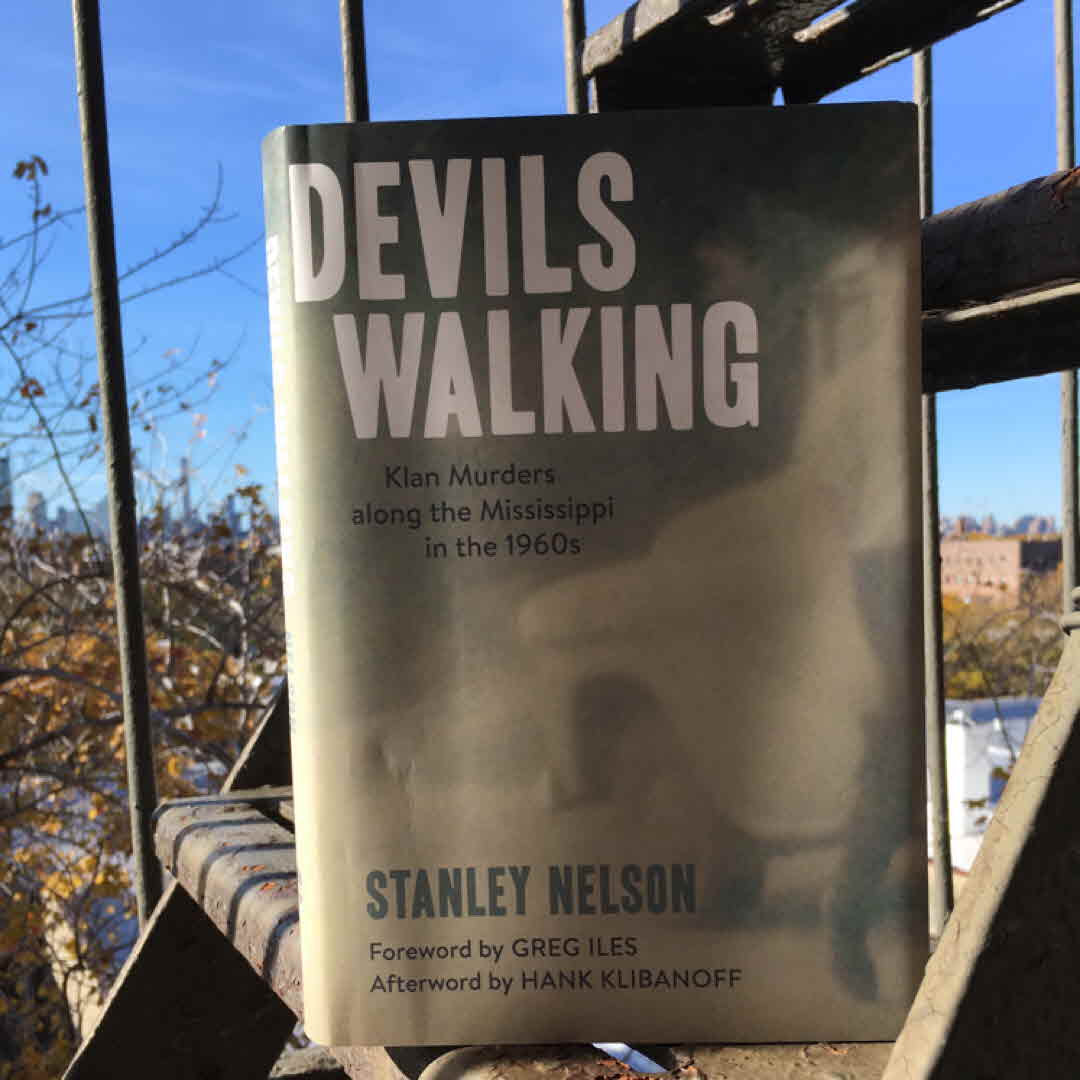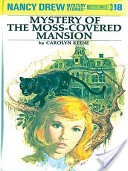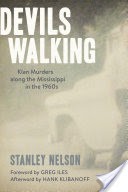
#bookhaul from my local bookstore @AstoriaBookshop ! Love this place. I special ordered this book on the suggestion of author Greg Iles, as he based a character from his novel NATCHEZ BURNING on the author of Devils Walking. Iles also wrote the intro. Had a great bike ride to pick up this hardback. All in all, a highly satisfying outing.
rachellayown Nice photo! 8y
Tav @rachellayown I put the book on my fire escape - thanks!! 8y


















